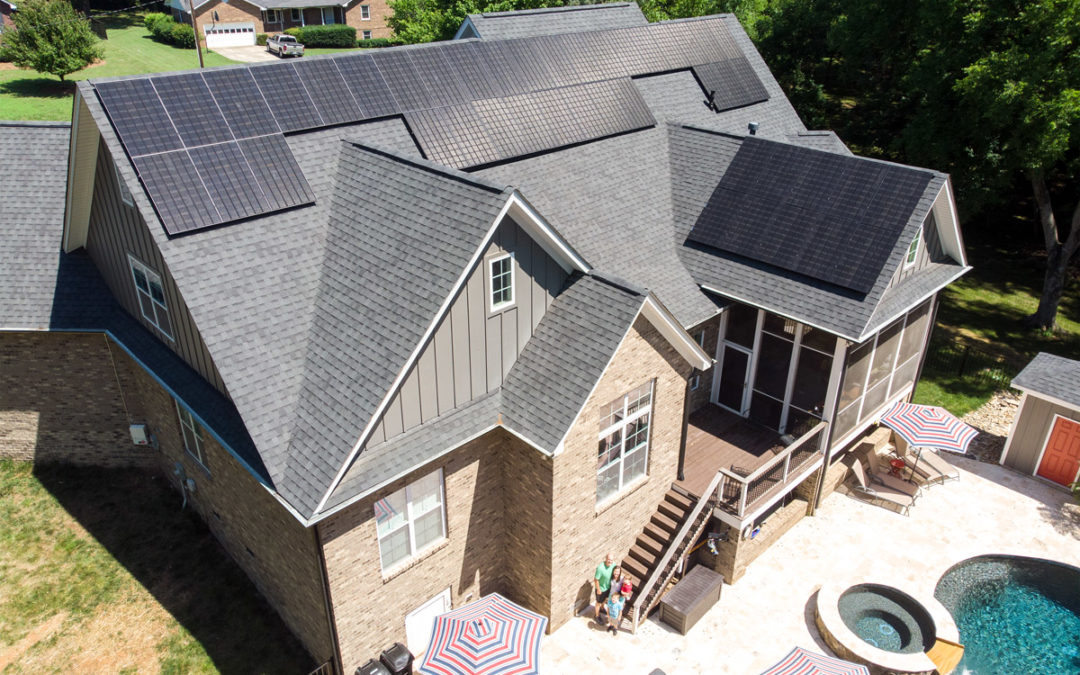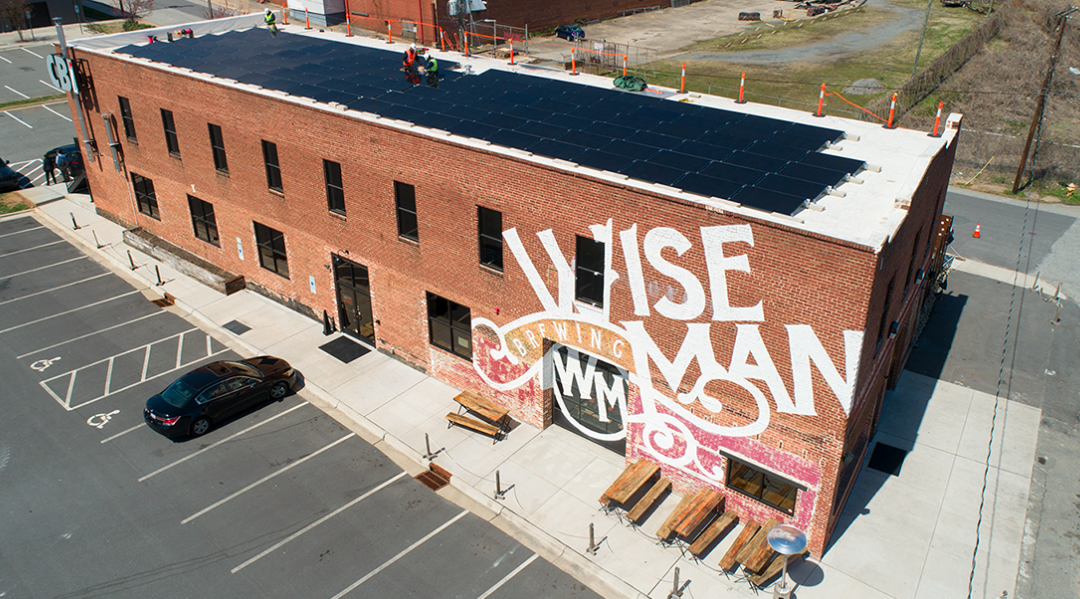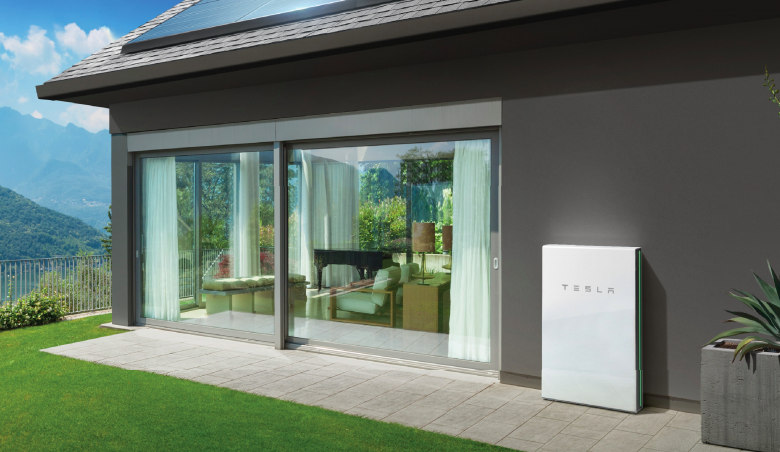Is Solar Right for My Home?
How to Answer the Question “Is Solar Right for My Home?”
If you’re considering converting to clean, renewable energy, you may be asking yourself “Is solar right for my home?” Before investing in a solar panel system, it’s important to consider a few things that could affect your home’s eligibility; understanding these characteristics can help you make a decision about going solar and whether it makes sense for you!
To get an idea of what makes a home a good candidate for solar panels, we’ve compiled a list of things to think about.
1. The kind of roof your home has
Asphalt shingles, which are the most common roof tile in the Carolinas, are made from a durable fiberglass material that is perfect when paired with solar panels. However, with the help of seasoned professionals like the solar technicians at Renu Energy Solutions, panels can be installed on just about any type of roof, including wood shake, slate tiles, concrete tiles, or clay and mortar. Finding a reliable solar installer is the first step in checking for the compatibility of your roof and the panels!
2. If your roof needs to be replaced
Once installed, solar panels can be uninstalled and reinstalled at your convenience, but if your roof is in need of repairs, it might be easier to complete those before investing in a solar system. This way, you don’t have to worry about taking the panels off of your roof and putting them on again when you need repairs made!
3. The direction your roof faces or if your roof is obstructed
For homes in North America, the best direction for solar panels to face is south, as this will give maximum sun exposure during the peak hours of midday to mid-afternoon. However, while facing southward is the best option, it doesn’t mean solar panels won’t work if they have to face another direction. At Renu Energy Solutions, our certified solar installers are skilled at placing panels on roofs of all shapes and sizes to ensure that no potential solar customer is left behind!
If your roof is obstructed from the view of the sun by tall trees, other buildings, etc., you may want to consider ground-mounted solar panels that can be placed in a more optimal position. While solar panels do still work in the shade, they will not be operating as efficiently as they would be in direct sunlight.
4. If your HOA allows you to install solar panels
One question that’s sure to come up after “is solar right for my home?” is “am I even allowed to install solar panels?” Some homeowners associations prevent you from altering too much of the appearance of the outside of your home, which can include panels on the roof. This is especially common in more historic neighborhoods that are protected by the city to maintain the original look of the houses.
The good news is that HOA’s can only legally prevent you from installing solar if your state requires you to get permission and then that plea is denied. If you’re granted permission by the state to install solar panels, the HOA can’t interfere. It’s best to check with your HOA anyway before converting to solar energy and know your options.
5. If ground-mounted solar panels are an option
For those who don’t have adequate roof space or a homeowner’s association that won’t allow you to install solar panels on your roof, ground-mounted solar is a great alternative. These panels are mounted on the ground instead of on your roof, giving you the option to go solar even if your roof is not a viable option. These are also great for homeowners whose roofs are shaded or otherwise obstructed from view of the sun because they can be placed in an optimal space to absorb sunlight.
6. The climate in which you live
Any area that has low cloud coverage is great for going solar. There’s a common misconception that only warmer climates are ideal for solar panels, but as long as the sun is shining, panels can produce energy! Solar panels are also capable of converting sunlight into electricity on cloudy days, but they won’t be operating at peak efficiency; if you live in a climate that is terminally cloudy, solar might not be a worthwhile investment.
7. How much you spend on utility bills
Perhaps the main reason that people ask “is solar right for my home?” is because they’re interested in saving money on their utility bills. While solar has many benefits, one of the most attractive is that the investment on a solar energy system can save you thousands of dollars in the long run. For example, residents in both Charlotte, NC and Raleigh, NC can save approximately $32,000 on their utility bills over the course of their solar system’s lifetime. If your utility bill is continuing to skyrocket, going solar may be the best option for your home!
Is Solar Right for You?
Now that you’re able to answer the questions “is solar right for my home?”, give Renu Energy Solutions a call! With over 4,100 solar installations since 2010, our dedicated team of professionals is more than capable of helping you achieve solar success.
For more information about converting to clean, renewable energy, contact us today for a free consultation. We’d be happy to answer any questions you still have about your home’s ability to go solar and how you can benefit from a solar system.





